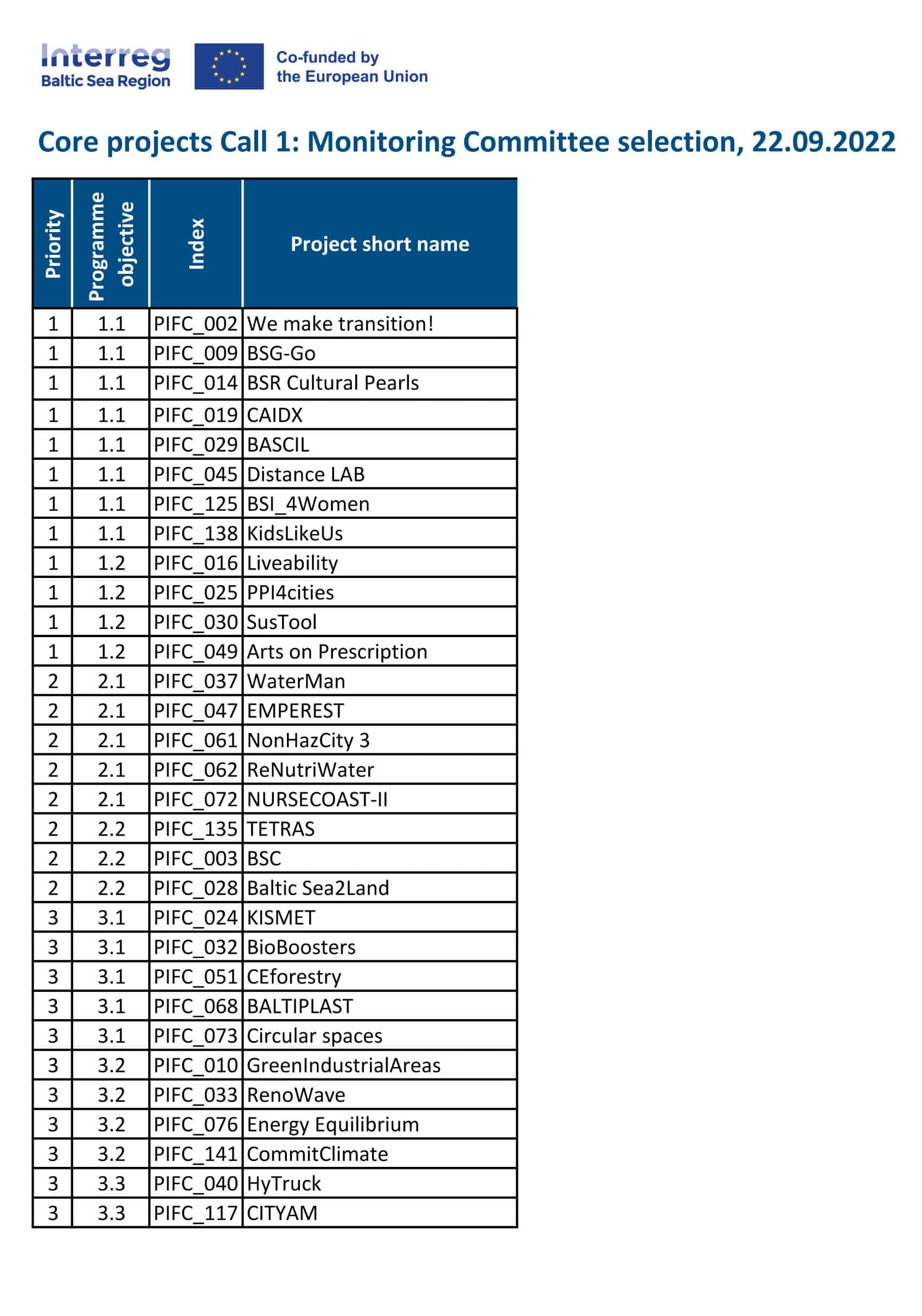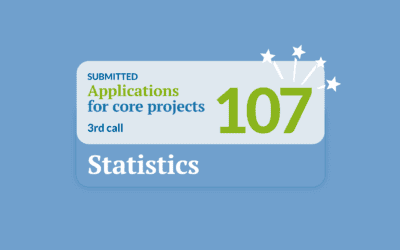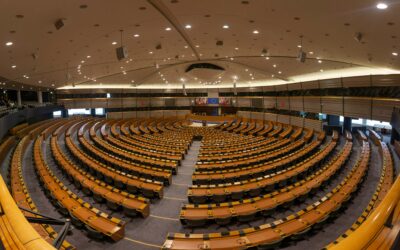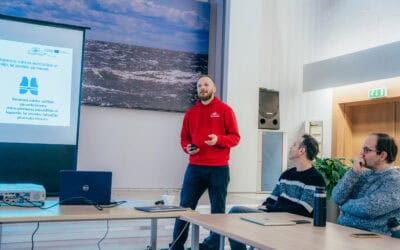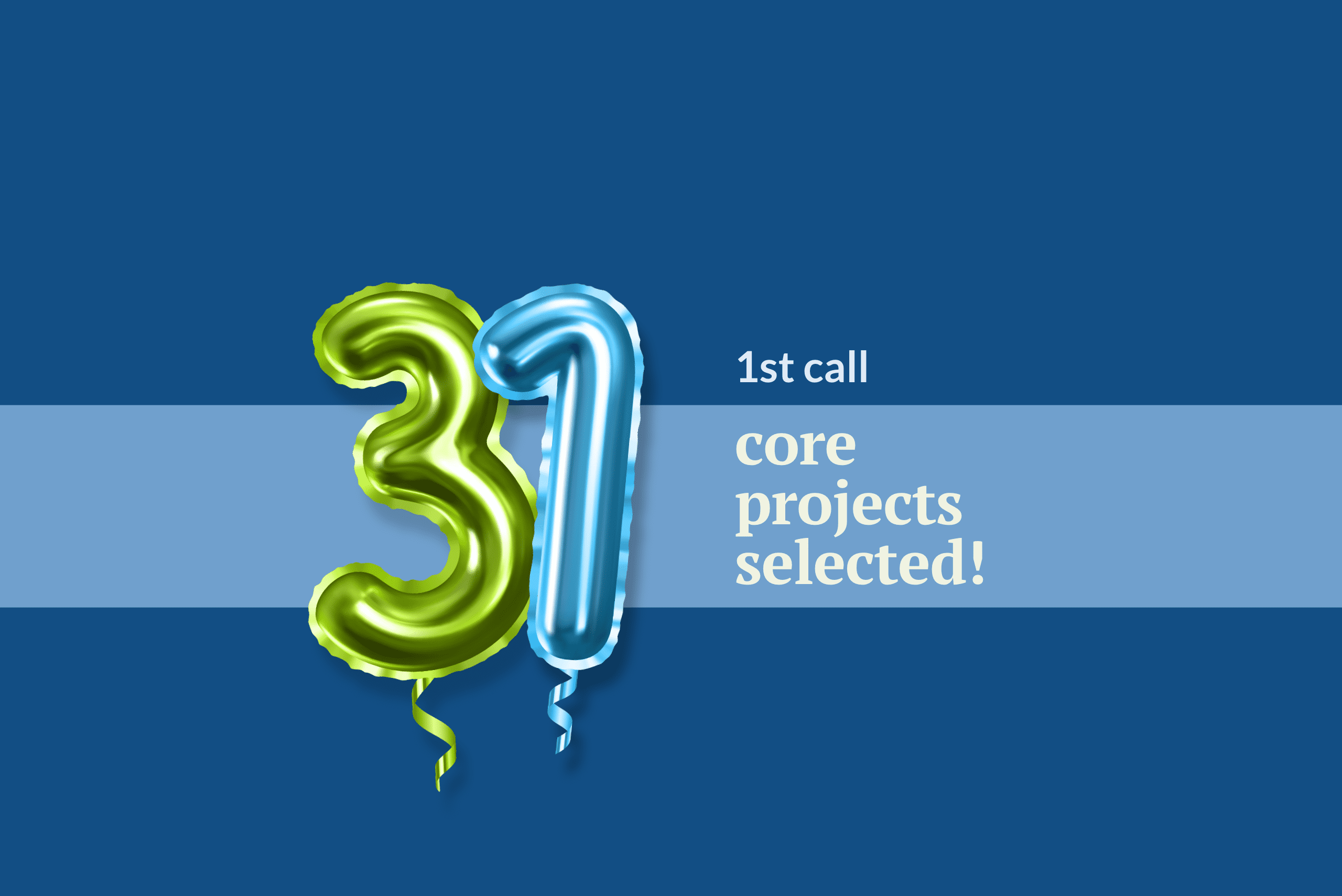
23 September 2022
31 core projects selected to drive a green and resilient region!
Written by Anna Gałyga
On 22-23 September, members of the Monitoring Committee jointly selected the best project ideas for funding. 31 applications proved to have the highest potential to drive transition towards a green and resilient Baltic Sea region. Congratulations
2nd Monitoring Committee meeting
Representatives of the Programme countries met in Kiel, Germany, on 22-23 September. It was the second time the Committee convened in the new Programme. Teresa Marcinów from the Ministry of Development Funds and Regional Policy of Poland chaired the meeting as it is Poland that holds the chairmanship this year.
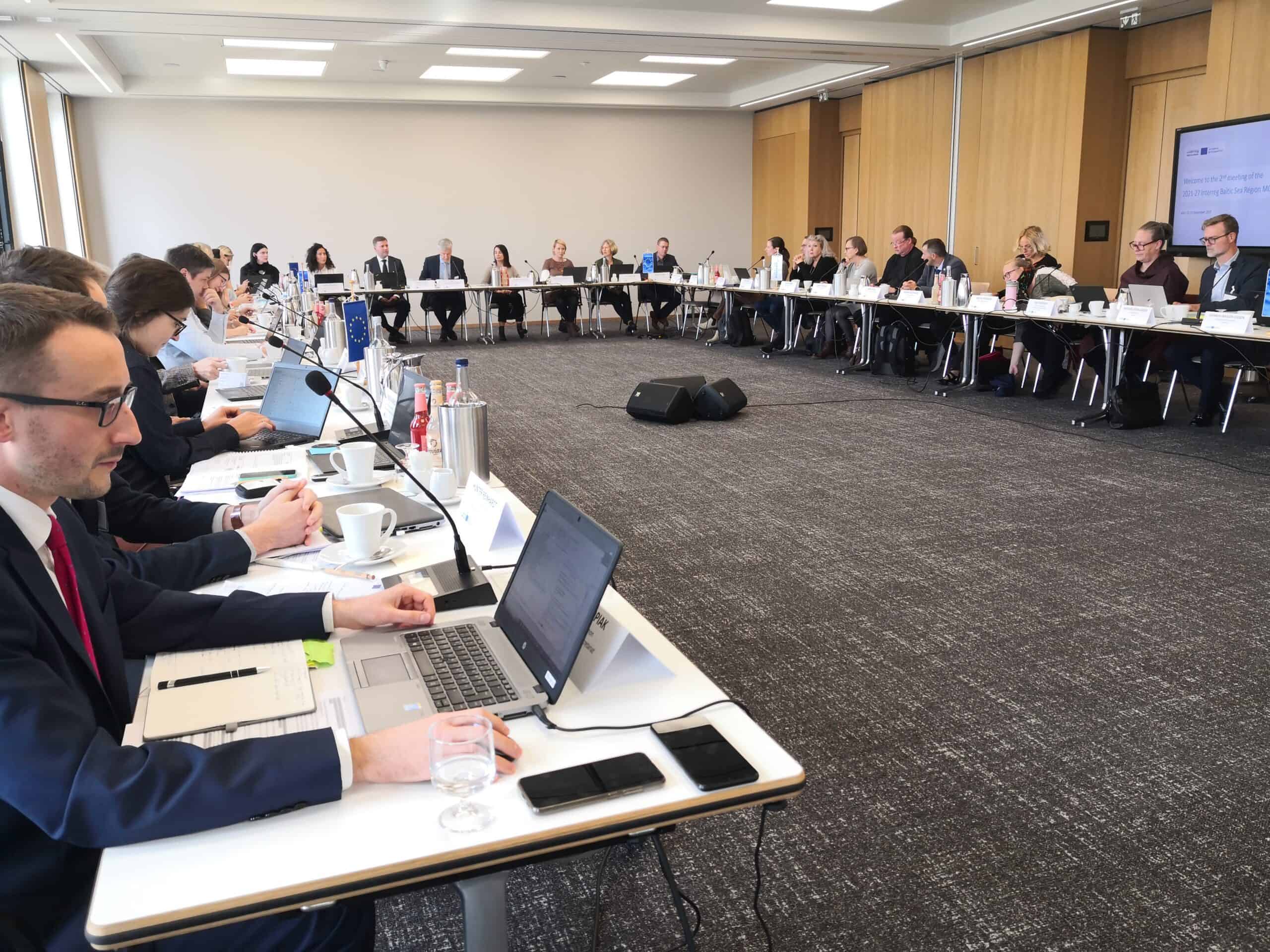
Core projects to drive transition to a green and resilient region
Interreg projects are about bringing together people with different perspectives, expertise and backgrounds. With EU funding, they can work together to turn their ideas into working solutions. Selecting those ideas was the highlight of this Monitoring Committee meeting.
Out of 98 applications that covered the Programme thematic priorities in a balanced manner, the Monitoring Committee selected 31 projects for funding. Almost EUR 80 million from the European Regional Development Fund and almost a million from the Norwegian national fund was allocated to the projects so that they can efficiently drive the transition to a green and resilient region.
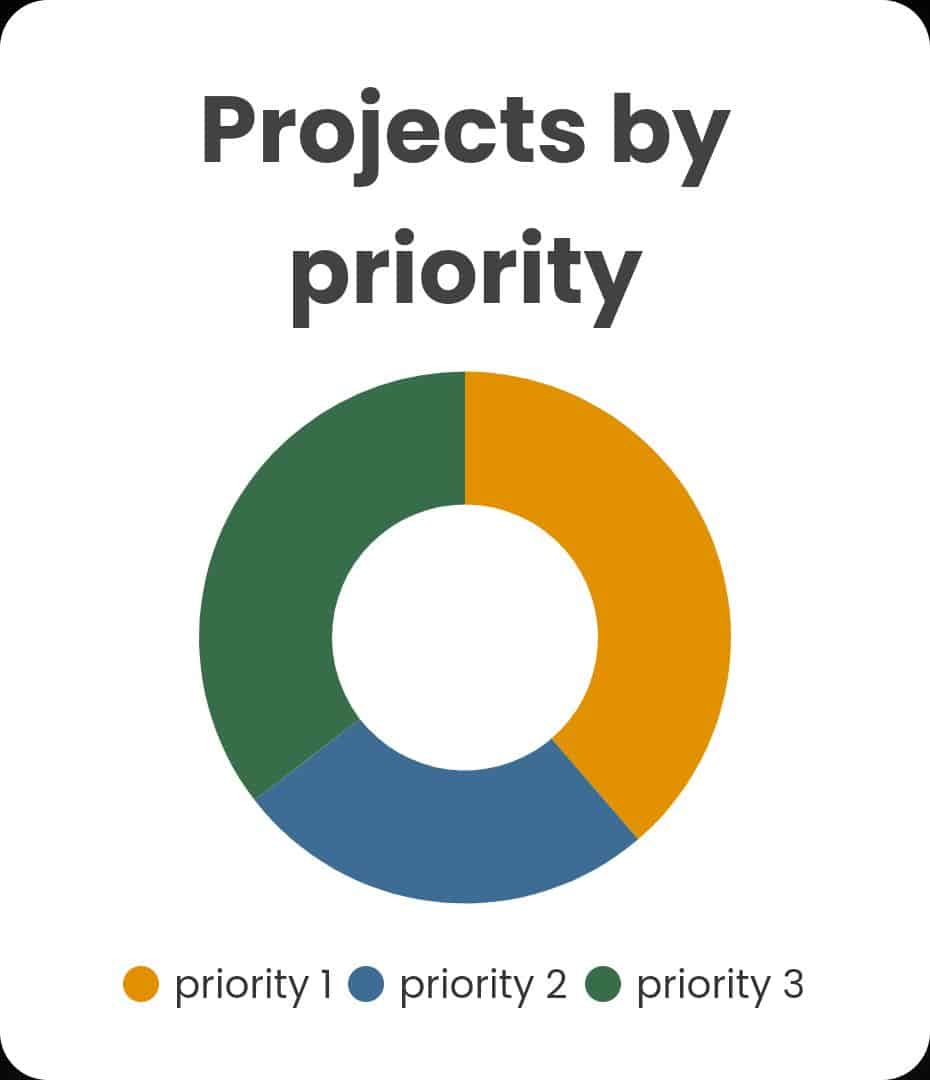
IB.SH/Anna Gałyga
In Priority 1 “Innovative societies”, twelve projects were selected for funding: eight in the objective 1.1 Resilient economies and communities, and four in the objective 1.2 Responsive public services. The approved projects cover a variety of topics, from driving resilient game industry, local food sectors, through smart diagnostics to supporting business activities by refugee women and mental health care for citizens, especially children.
In Priority 2 “Water-smart societies”, eight projects were selected for funding: five in the objective 2.1 Sustainable waters and three in the objective 2.2 Blue economy. The projects will deal, among other things, with water management, fighting micropollutants, hazardous substances and nutrient leakages and improving nutrients recovery and reuse. The projects will also support land-sea interactions, sustainable aquaculture and reduced emission in blue economy related transport.
In Priority 3 “Climate-neutral societies”, eleven projects were selected for funding: five in the objective 3.1 Circular economy, four in the objective 3.2 Energy transition and two in the objective 3.3 Smart green mobility. The projects will work on, among other things, sustainable food systems, business support, forestry biomass, handling plastic waste, energy renovation in buildings, energy storage capacity and hydrogen refueling plans.
Next steps and future planning
Right after the selection, the process of contracting will start. Within the next three months, the projects will be ready to start their activities in order to bring new solutions to the region.
In parallel to the project selection, the Monitoring Committee already reflected on the results of the first call for applications, both for core and small projects. Together, they agreed on the steps for the next calls. They also took a joint look at the planned communication activities, including the upcoming Programme Conference in Hamburg, on 19-20 October. The Committee approved the amendments in the Programme Manual 2021-2027 (version 3.0). The new version will be published on the Portal soon.
The meeting took place at the headquarters of Investionsbank Schleswig-Hostein (IB.SH) that has been hosting the Managing Authority/Joint Secretariat of the Programme since 1997. Erk Westermann-Lammers, the IB.SH CEO, expressed his content for the trust given over the years, and wished for a successful selection of projects, and their implementation afterwards.
#DidYouKnow
Core projects is the main tool to deliver the change that Interreg Baltic Sea Region aims at. Core projects prepare, pilot and transfer practical and durable solutions to the challenges they choose to tackle. In addition to core projects, the Programme funds small projects that offer a simpler application and implementation processes and in particular address those who have not applied with our Programme before. Stay tuned for information about the next call for project applications in the autumn.
More recent news
107 directions to shine!
In the third call for project applications, the Programme has received as many as 107 applications with a variety of ideas on how to build innovative and climate-neutral societies in the Baltic Sea region.
First small projects finalising, first great outcomes!
As our first 17 small projects are coming to an end, let’s embrace the first results in place and invaluable experiences of people working as if there were no borders. Dive with us into the stories of three of our small projects and discover the nature of small projects as such.
Your Vote, Our Future, Our Region
Your vote holds the key to a sustainable future for the Baltic Sea and its communities. In the dynamic land of EU initiatives, your participation drives impactful change. Dive with us in the landscape of EU’s achievements and discover what your vote can do for your region.
A resilient future for coastal communities
In coastal regions around the Baltic Sea, the impacts of climate change are becoming increasingly evident, posing challenges for local communities, businesses, and authorities alike. The BEACH-SOS project aims to confront these challenges head-on, ensuring the sustainability and vitality of beach recreation and tourism in the face of a changing climate. Recently, we had the opportunity to sit down with Rimants Lulis from Saulkrasti Municipality, one of the partners of the project, to discover more about how this project can benefit the municipality and the community in Saulkrasti.



